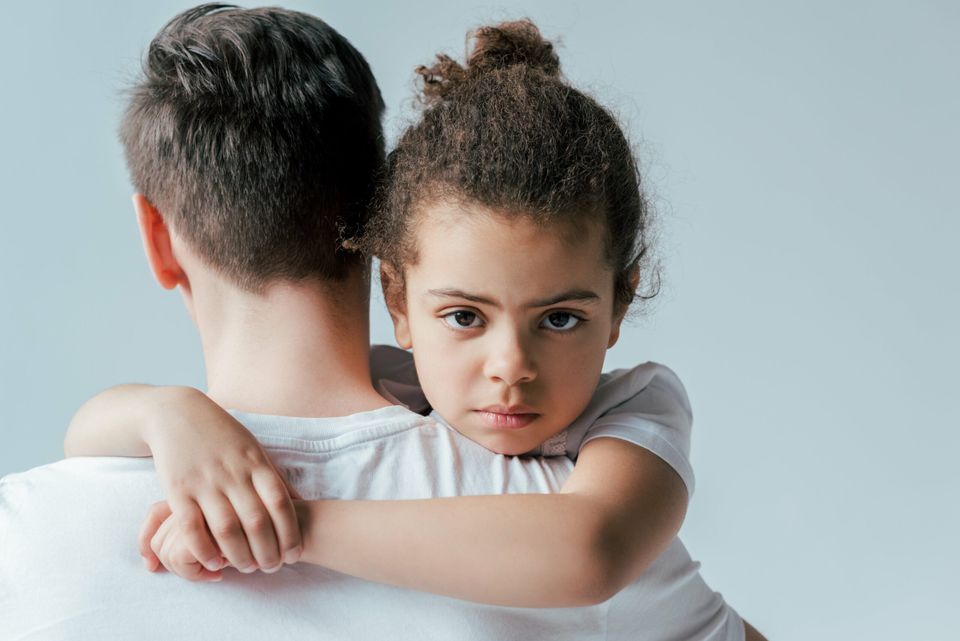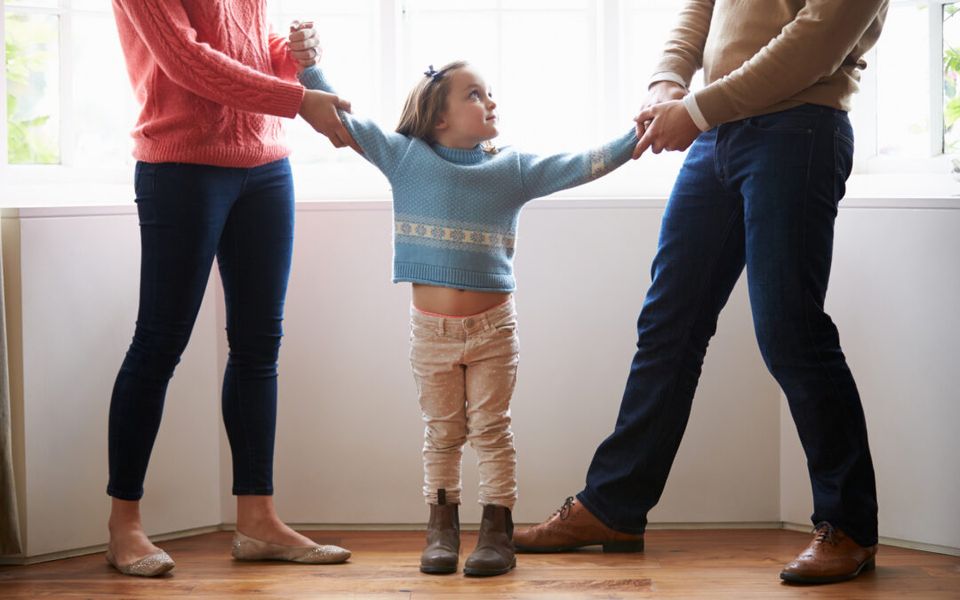Family Law Frequently Asked Questions
General Family Law
What is family law? It covers legal matters involving family relationships, such as divorce, custody, support, and domestic violence.
Do I need an attorney? Yes. An attorney protects your rights, handles complex paperwork, and advocates for your best interests during negotiations or in court.
What does it cost? Fees vary based on the complexity of your case and the attorney's experience. We provide clear fee structures during your initial consultation.
Do I need an attorney? Yes. An attorney protects your rights, handles complex paperwork, and advocates for your best interests during negotiations or in court.
What does it cost? Fees vary based on the complexity of your case and the attorney's experience. We provide clear fee structures during your initial consultation.
Divorce in California
What are the grounds for divorce? California is a "no-fault" state. You only need to cite "irreconcilable differences" to end a marriage.
Divorce vs. Legal Separation: Divorce ends the marriage entirely. Legal separation allows you to resolve custody and property issues while remaining legally married.
How is property divided? California is a community property state. Most assets and debts acquired during the marriage are split 50/50.
Divorce vs. Legal Separation: Divorce ends the marriage entirely. Legal separation allows you to resolve custody and property issues while remaining legally married.
How is property divided? California is a community property state. Most assets and debts acquired during the marriage are split 50/50.
Child Custody & Support
How is custody decided? Courts rule based on the "best interests of the child," focusing on health, safety, and a stable environment.
How is child support calculated? California uses a standard formula based on both parents' income and the amount of "time-share" each parent has with the child.
Can orders be changed? Yes. If there is a "significant change in circumstances"—like a new job or a shift in parenting time—you can petition to modify support or custody.
How is child support calculated? California uses a standard formula based on both parents' income and the amount of "time-share" each parent has with the child.
Can orders be changed? Yes. If there is a "significant change in circumstances"—like a new job or a shift in parenting time—you can petition to modify support or custody.
Protective Orders & Agreements
Restraining Orders: These are court orders designed to protect you from domestic violence or harassment by prohibiting contact from another party.
Prenuptial Agreements: A contract signed before marriage that outlines how assets and debts will be handled if the marriage ends.
Unmarried Parents: You still have legal rights to custody and support. We can help you establish formal paternity and a court-ordered parenting plan.Note: This FAQ is for general information only and does not constitute legal advice.
Prenuptial Agreements: A contract signed before marriage that outlines how assets and debts will be handled if the marriage ends.
Unmarried Parents: You still have legal rights to custody and support. We can help you establish formal paternity and a court-ordered parenting plan.Note: This FAQ is for general information only and does not constitute legal advice.




